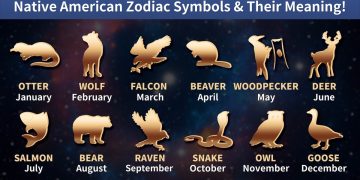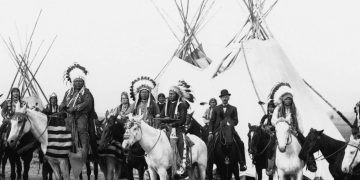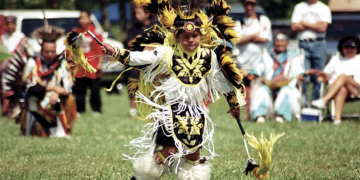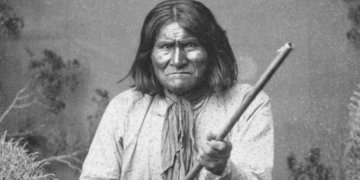The Navajo Code Talkers, recruited by the U.S. Marine Corps starting in 1942, developed an unbreakable code based on their native language. This code was crucial in securing victories in the Pacific Theater during World War II, as it enabled secure and rapid communication that enemy forces could not decipher.
Following the removal of these pages, Navajo Nation President Buu Nygren expressed deep concern over the erasure of this vital aspect of both Navajo and American history. He emphasized the importance of the Code Talkers’ legacy and committed to collaborating with federal officials to ensure their contributions are properly recognized.
In response to the backlash, Pentagon officials acknowledged that the deletion of the Navajo Code Talker content was an error resulting from the automated removal process targeting DEI-related materials. They assured the public that efforts were underway to restore the mistakenly removed content and reaffirmed their respect for the service and sacrifices of Native American veterans.
Despite the restoration, concerns persist among community leaders and advocates. Some fear that this incident reflects a broader trend of marginalizing the contributions of minority groups and erasing important aspects of Indigenous history. This situation highlights the ongoing challenges in ensuring that the histories and contributions of Indigenous peoples are accurately and respectfully represented in government narratives.
This episode serves as a poignant reminder of the delicate balance between government policy decisions and the recognition of Indigenous history and contributions. It underscores the necessity for vigilance in preserving the legacies of Indigenous peoples and ensuring that their stories are told with the respect and accuracy they deserve.






